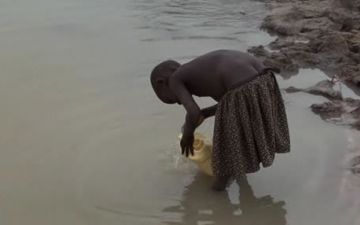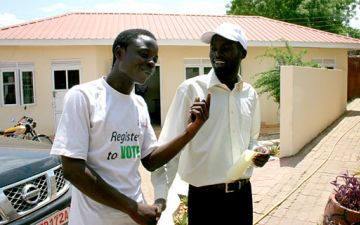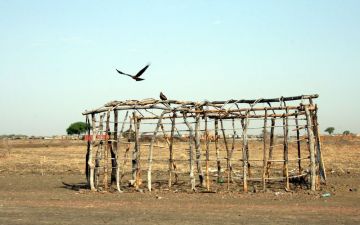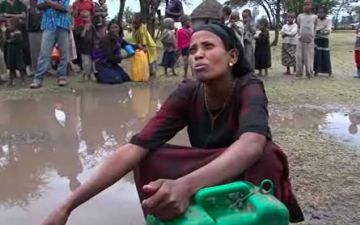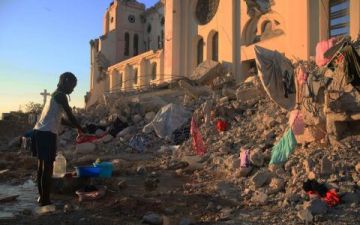Guinea Worm on Brink of Eradication in Sudan
Decades of civil war in southern Sudan has have hindered the population's access to clean water and allowed some parasites to persist. But international efforts have made headway on one particular scourge: the guinea worm. Fred de Sam Lazaro reports from Sudan.
The piece aired on PBS NewsHour April 7, 2010.
